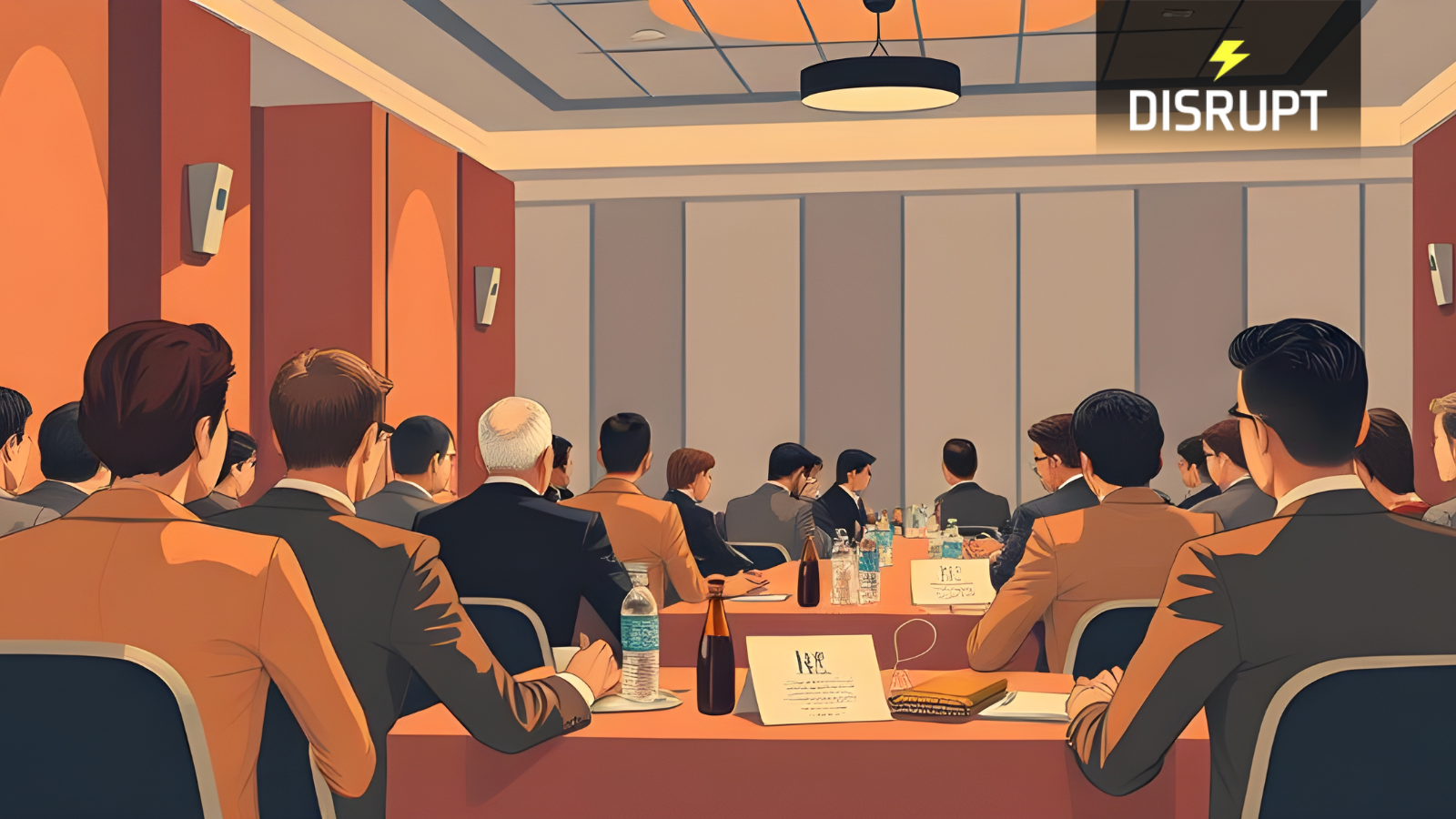
Disrupting the Status Quo: What the Balkans Can Learn from HR’s Global Evolution
The role of HR is changing - but are we keeping up?
HR isn’t what it used to be - and that’s not just a cliché. Across industries, the function has shifted from administrative support to strategic driver. Today’s HR professionals are being asked to navigate a wide spectrum of challenges: from the rise of artificial intelligence to the shifting expectations of an increasingly skeptical and mobile workforce.
Ahead of this year’s DisruptHR Skopje 3.0, we spoke to the event’s organizers - the team behind the local edition of this globally recognized HR movement - who shared their take on what’s truly changing in the world of work and what HR needs to do to stay relevant. From talent migration to mental health, from Gen Z to AI, their insights paint a picture of an industry at a major crossroads.
“HR professionals, now more than ever, are running the risk of becoming obsolete if they don’t follow the trends and the pace of the modern market.”
It’s not about staying trendy. It’s about relevance. With AI reshaping everything from recruitment to internal communication, the HR toolkit is evolving fast, and those who don’t adapt risk falling behind.
AI, Authenticity, and the Cultural Reset
Among the most disruptive trends is, unsurprisingly, AI. But it’s not just about automation - it's also about what we lose in the process.
And it’s not just AI. The hybrid/remote debate continues to divide HR circles, with some pushing to bring people back to the office to protect company culture, and others advocating for flexibility and trust.
“There’s an ongoing discussion between the polarized sides of HR - those pro-remote work and those pro-office work. Some professionals are trying to pull people back, given the substantial effects of remote work on corporate culture.”
So while tech might be leading the transformation, the emotional undercurrents, like connection, mental health, and cultural cohesion, are just as important.
Gen Z Is Here, and They’re Not Interested in Business as Usual
The next wave of workers is already reshaping how organizations think. Gen Z isn’t interested in rigid job roles or performative values.
“What’s interesting lately is the emphasis on authenticity. Gen Z wants purpose-led cultures. They seek alignment with company values, sustainability, social impact, and above all, honesty.”
Their expectations around mental health, feedback, and flexibility aren’t "nice-to-haves" - they’re base requirements. Post-COVID, the pressure on organizations to offer more humane, empathetic leadership has only grown.
The Regional Context: Brain Drain, Nomadism, and the Talent Tug-of-War
Zoom out from the workplace and you’ll find one of the Balkans’ biggest HR challenges: brain drain. The rise of remote work and global freelance platforms means that young, skilled professionals don’t need to physically leave the country to leave the local economy behind.
“With digital nomadism and contractor work becoming more accessible, the risk of brain drain is even more prominent. We’re not just trying to retain talent in companies anymore - we’re trying to retain them in countries.”
Addressing that isn't just about perks. It’s about systems. If companies (and governments) can’t offer fair compensation, real opportunities, and cultural belonging, they may lose their best people - permanently.
Why DisruptHR Exists (and What Makes It Different)
DisruptHR Skopje 3.0, happening on May 22, is designed to open up these exact conversations and break the conventional format in doing so. Forget drawn-out panels and endless buzzwords. Each speaker gets just five minutes to pitch a provocative idea. Blink, and you might miss it.
“We don’t do yawning panels. These are rapid-fire talks. High energy, bold ideas. People leave buzzing with energy - that’s the feedback we’ve gotten year after year.”
But it’s not just the format that’s different. It’s also who’s invited to speak. The team behind the event makes a conscious effort to move beyond the HR bubble.
“Plenty of HR events are echo chambers. We want disruption. We invite developers, entrepreneurs, even politicians - because HR isn’t something only HR people understand.”
This is also where the “disruptive” part of the name comes in. The event isn’t just about trends; it’s about making people uncomfortable enough to change.
What Will Be Discussed This Year?
This year’s lineup at DisruptHR Skopje 3.0 reflects the complexity of the moment, with fast-paced talks covering everything from ghosting in recruitment, the quiet power of subconscious biases, and the psychology behind difficult conversations. Attendees can expect to explore loyalty, inclusion, authenticity, project-based agility, and even the curious human games we all play at work. Whether it’s the emotional cost of fitting in or the challenges of engaging tech teams, the goal is the same: shift the way we think about people at work.
What Comes Next
The landscape of HR, especially in the Balkans, is under pressure. Pressure from new technologies, new generations, and new ways of working. But also from old problems that haven’t gone away: disengagement, inequality, and talent migration.
Events like DisruptHR Skopje aren’t a silver bullet. But they do offer something increasingly rare - space to question how things are done and hear perspectives that don’t usually make it into corporate policy docs or standard HR conferences. Whether or not you agree with every speaker or solution, the value may lie in the discomfort, in being nudged to rethink how we define culture, leadership, and value at work.
Because if HR is truly about people, then it has to stay human, even as everything else changes.
We’re offering a 10% discount on both Joberty and CX services to all DisruptHR participants who reach out to us by the end of June 2025.
To claim the offer, simply send us an email at hello@joberty.com and mention “DisruptHR”. Our Sales team will then get in touch to schedule a meeting and explore how we can support your hiring or employer branding needs.


